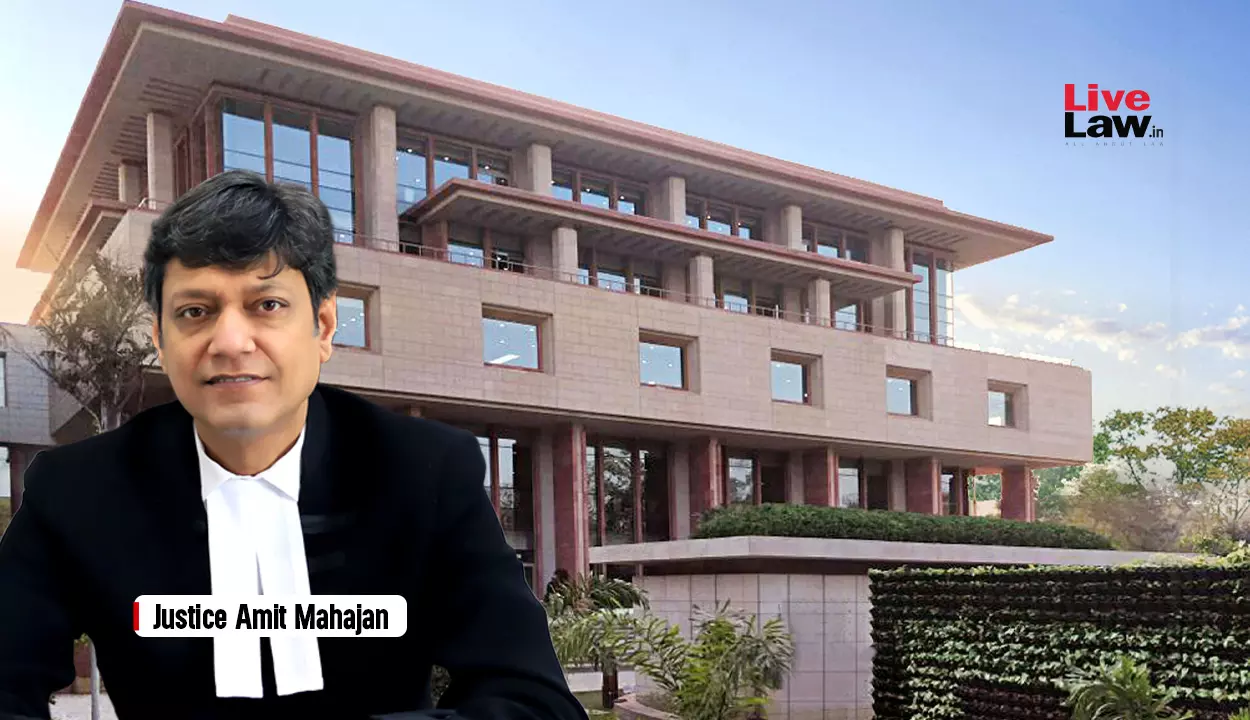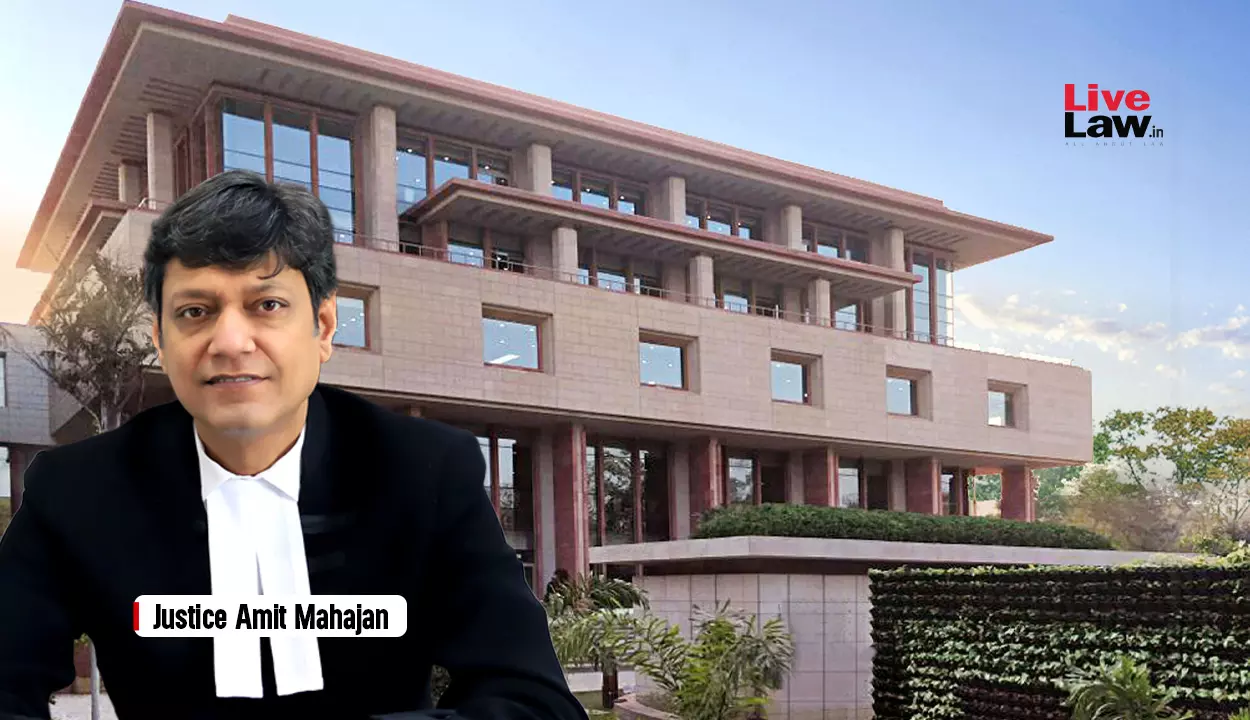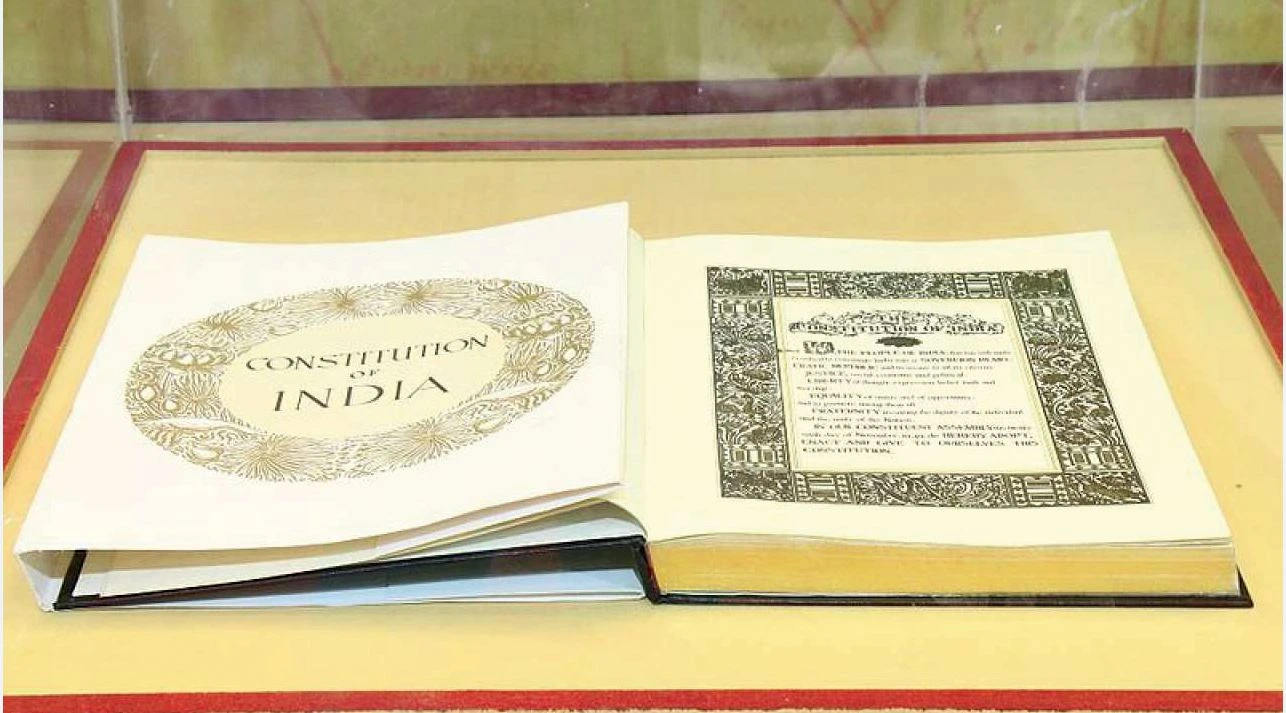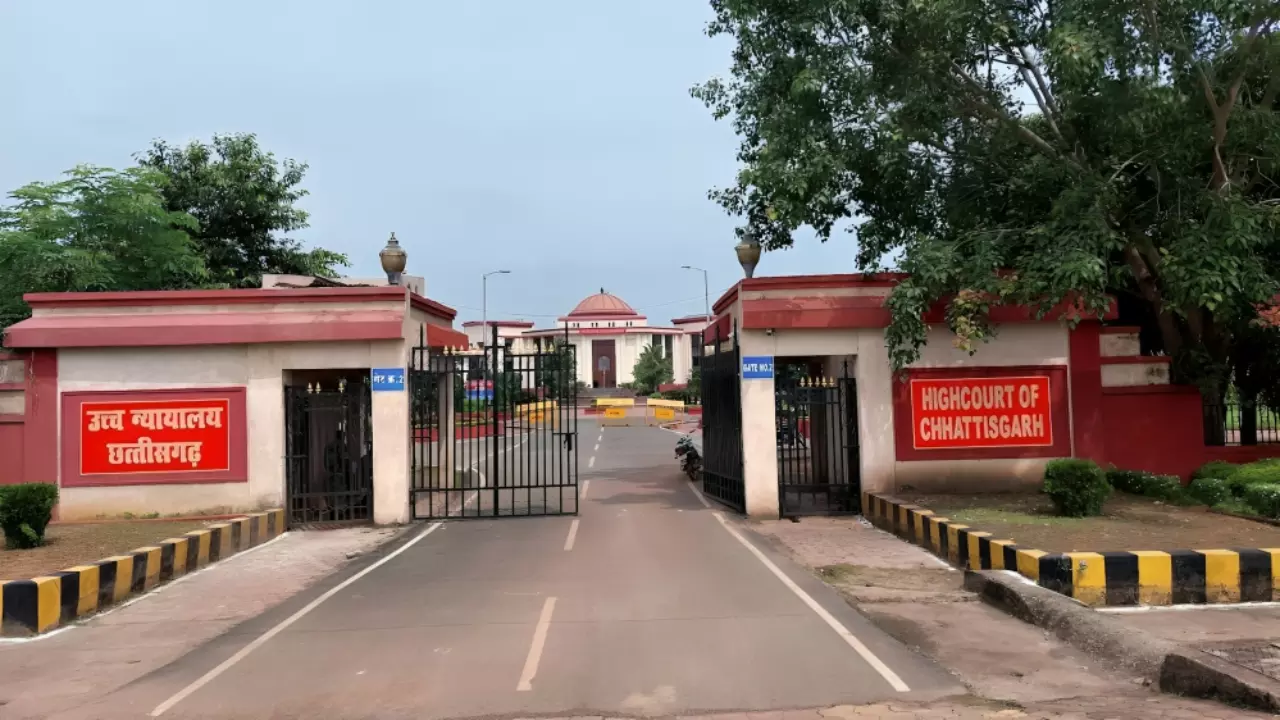Jurisdiction Of Arbitral Tribunal Continues Despite Provisional Attachment Of Assets Under PMLA Or Parallel Proceedings: Delhi High Court


The Delhi High Court bench of Justice Amit Mahajan has held that the mere reference to certain assets in a provisional attachment order does not, by itself, oust the jurisdiction of the arbitral tribunal. Similarly, the pendency of parallel investigations by the CBI or ED into allegations of fraud does not bar the arbitrator from adjudicating the dispute. Arbitration proceedings can continue independently, even when some aspects of the subject matter are under criminal investigation.
Brief Facts:
By the impugned order, the learned Arbitrator dismissed the petitioner’s application under Section 16(3) read with Section 32(2)(c) of the Arbitration and Conciliation Act, 1996, seeking termination of the arbitral proceedings on the grounds that the contract was void ab initio and the assets involved had been provisionally attached by the Enforcement Directorate under Section 5 of the Prevention of Money Laundering Act, 2002.
The petitioner and Respondent No.2 are partners in Respondent No.4 LLP, which filed a resolution plan in the CIRP of Respondent No.3, a rice milling company with units in Bahalgarh and Amritsar. Respondent No.1, also in the rice business, had entered agreements with Respondent No.3 for job work and facility use.
To implement the resolution plan, Respondent No.4 sought and received ₹130 crores from Respondent No.1 under a Facility Agreement dated 30.09.2019, followed by an additional ₹16 crores. Alleging breach of the agreement by creating encumbrances, Respondent No.1 invoked arbitration.
A petition under section 11 of the Arbitration Act led to the appointment of a Sole Arbitrator. Pleadings, framing of issues, and evidence filing followed. During cross-examination of Respondent No.2, Respondent No.1’s representatives and Respondent No.2 were arrested by the ED, and a provisional attachment order was issued against the disputed units.
Consequently, the petitioner and Respondent No.4 filed an application under Sections 16 and 32(2)(c) of the Arbitration Act to terminate proceedings, which was rejected by the Arbitrator.
The Petitioner submitted that an arbitral tribunal is one against which a petition under Article 227 of the Constitution of India would be maintainable, and that the non-obstante clause in Section 5 of the Act would not be applicable in respect of the exercise of powers under Article 227 of the Constitution of India.
It was further submitted that since the facility agreement is vitiated by fraud and the same is the subject matter of proceedings by the CBI and under the PMLA, the arbitral proceedings are liable to be terminated under Section 16 read with Section 32(2)(c) of the Act.
It was also argued that in the event that the allegations under the provisional attachment order and the prosecution complaint are found to be correct, the Facility Agreement would be rendered void and unenforceable under Section 23 of the Indian Contract Act, 1872.
It was further submitted that the dispute which are criminal offences of a public nature cannot be referred to arbitration.In terms of Section 41 of the PMLA, no Civil Court or other authority has any jurisdiction to entertain any suit or proceeding in respect of any action to be taken by the designated authority in pursuance of any power conferred under the PMLA.
In reply, the Respondents submitted that the second Section 16 application by the petitioner reflects a continued attempt to delay arbitration. The Arbitrator had earlier, on 08.11.2022, directed that the first Section 16 application—raising mixed questions of fact and law—would be decided post-evidence. That unchallenged order has attained finality. The second application merely reiterates the same issue of jurisdiction post the provisional attachment order, making it repetitive and unjustified.
It was further submitted that the arbitral tribunal is not barred from examining issues, including allegations of fraud. Even if this Court finds some overlap in the events underlying the PMLA proceedings and those before the tribunal, the issues in both are distinct and fall within separate statutory frameworks.
It was further submitted that Section 41 of the PMLA bars the jurisdiction of civil courts only in matters falling within the exclusive domain of the Appellate Tribunal under Chapter VI. There is no provision in the PMLA that ousts the jurisdiction of an arbitral tribunal from adjudicating purely contractual disputes, even if parallel criminal proceedings under Chapter VII are ongoing.
Observations:
The court noted that the scope of interference under Article 227 of the Constitution is limited and must be exercised sparingly. Though courts can review orders passed in arbitral proceedings, such interference is justified only in exceptional cases where glaring perversity is evident. The Supreme Court in Deep Industries Ltd. v. ONGC (2020) held that Article 227 cannot be used to bypass the arbitration framework and should be invoked only in rare circumstances.
It further observed that merely alleging fraud does not render a dispute non-arbitrable. In A. Ayyasamy v. A. Paramasivam (2016), the Supreme Court distinguished between simple and serious allegations of fraud, holding that only serious allegations—those affecting the validity of the arbitration agreement itself—would bar arbitration.
It further observed that Building on this, in Rashid Raza v. Sadaf Akhtar (2019), the Court laid down two tests: (1) whether the allegation of fraud permeates the entire contract, including the arbitration clause, and (2) whether the fraud pertains solely to internal affairs without public domain implications. Only when these tests are satisfied does the matter become non-arbitrable.
Based on the above, the court held that the mere fact that certain assets involved in the arbitral proceedings are also mentioned in a provisional attachment order does not oust the arbitral tribunal’s jurisdiction. Likewise, the pendency of parallel investigations by the CBI or ED concerning allegations of fraud does not preclude arbitration. It is well-settled that the same transaction can give rise to both civil and criminal proceedings, which may proceed simultaneously without affecting each other.
It held that “while there may be some overlap considering that the arbitral proceedings as well as the criminal proceedings stem from the same germane facts, however, the remit of both the proceedings cannot be said to be similar to such an extent that it would render the jurisdiction of the learned Sole Arbitrator untenable.”
The court concluded that the arbitral proceedings operate in a distinct domain from those under PMLA. While some attached assets overlap, such overlap does not oust the tribunal’s jurisdiction. If any findings conflict with PMLA proceedings, the latter will prevail, as the Arbitrator is limited to civil issues not barred by Section 41. Since the arbitration is nearing completion, any overreach can be challenged under Sections 16 and 34 of the Act. At this stage, pre-emptive termination of the proceedings is unwarranted.
Accordingly, the present petition was dismissed.
Case Title: LATA YADAV versus SHIVAKRITI AGRO PVT. LTD & ORS.
Case Number: CM(M) 53/2025 & CM APPL. 1854/2025
Judgment Date: 19/05/2025
For the Petitioner: Mr. Akhil Sibal, Sr. Adv. with Mr. Gyanendra Shukla, Mr. Krishnesh Bapal & Ms. Jahnavi Sindhu, Advs.
For the Respondent : Mr. Samir Malik (through VC), Ms. Bani Dikshit, Mr. Dhruva Vig & Mr. Uddhav Khanna, Advs. for R1 Mr. Yashvardhan & Mr. Pranav Das, Advs. for R2





